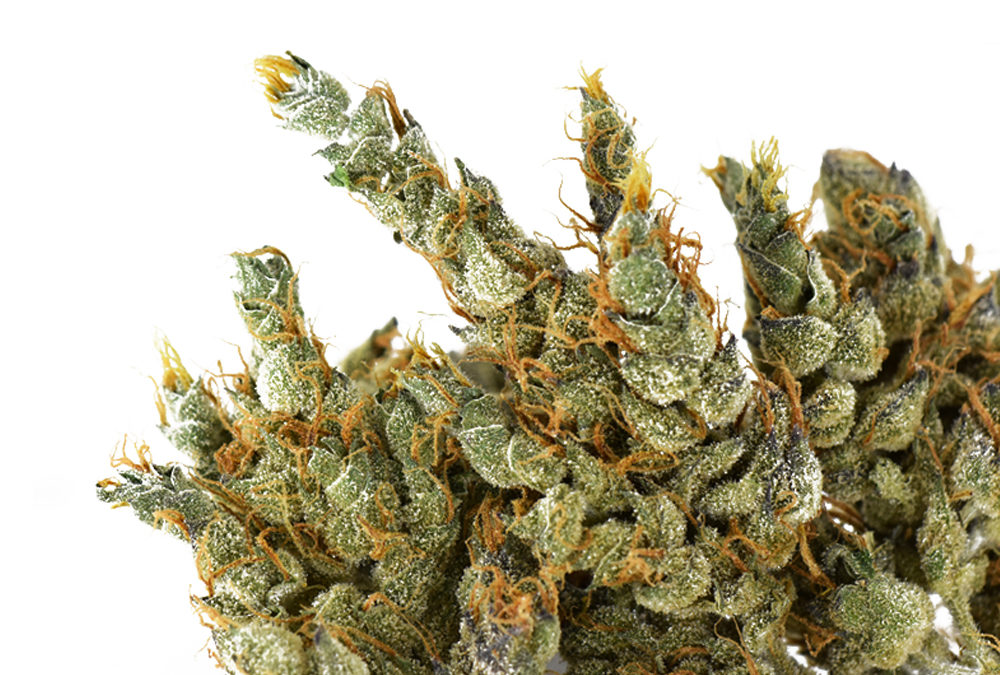At Prime Wellness of Pennsylvania, our growers combine expert science and a passion for crafting high-quality therapeutics that address the spectrum of unique needs of Pennsylvania patients. March 7th-13th is nationally recognized as Multiple Sclerosis (MS) Awareness week, a time to advocate for more research and support for patients, who live with this autoimmune disease. In the latest installment of our Qualifying Conditions Series, we will explore how medical marijuana may potentially improve the quality of life for Commonwealth residents diagnosed with MS.
QUALIFYING CONDITION: Multiple Sclerosis
“An unpredictable disease of the central nervous system that disrupts the flow of information within the brain, and between the brain and body.”
About this qualifying condition: MS is characterized by immune damage to the central nervous system. It progressively harms nerves within the brain and spinal cord, producing a range of symptoms, including muscle weakness and tremors, numbness or tingling sensations, and loss of mobility and vision. There is no cure for MS, which is believed to be caused by a mix of genetic and environmental triggers. Most individuals with MS receive their diagnosis before reaching middle age, and often experience periods of symptom remission and relapse, as they age. Patients are encouraged to seek comprehensive and long-term medical care, which includes medication, physical rehabilitation, and proactive symptom monitoring.
History: Cases of MS have been observed as early as the 14th century. The disease was formally named in 1868, when French neurologist Jean-Martin Charcot identified its common indicators, “tremor, nystagmus, and scanning speech.” During this era, MS treatments were crude and exposed patients to toxic therapies using mercury, nightshade, and parasites. Modern treatments have evolved significantly, often using steroids to manage pain and inflammation, in addition to proactive antibody injections. Today, emerging research focuses on technology such as gene chipping and MRI imaging, which may help track genetic markers for MS and even reverse its damage.
Medical Literature: Medical marijuana is not a cure for MS, but it may potentially aid in symptom management and improve patients’ quality of life. A study in the Journal of Neurology, Neurosurgery & Psychiatry found that 144 subjects who orally consumed medical marijuana extract reported relief of muscle stiffness that doubled the reported levels of relief among the placebo group. A similar study conducted by The European Journal of Neurology concluded that medical marijuana extract is an effective treatment for muscle spasticity associated with MS. A “Real World” experience study from the University of Rochester MS Center in New York reported 77% of participants said medical marijuana was helpful in managing their MS symptoms, without side effects, while another 70% had overall improved quality of life.
Terpenes: Orange Chem S, is a prime strain with terpenes that may potentially benefit MS symptoms like pain and muscle tension. Let’s take a closer look at this strain. Both the #1 and #5 phenos contain notable amounts of caryophyllene, a spicy terpene with the potential to provide muscle spasm control. The #5 cultivar, our pink pheno, features high levels of the terpene myrcene – which may potentially manage pain and inflammation responses – throughout the body. Learn more about the unique expression of this strain’s orange and pink phenos in our next prime numbers newsletter, coming later this month. Be sure to check the label on your medical marijuana packaging to learn about the specific levels of cannabinoids and terpenes in each of our prime products.
For the latest on our products and strains, follow us on Instagram @prime_wellness.


